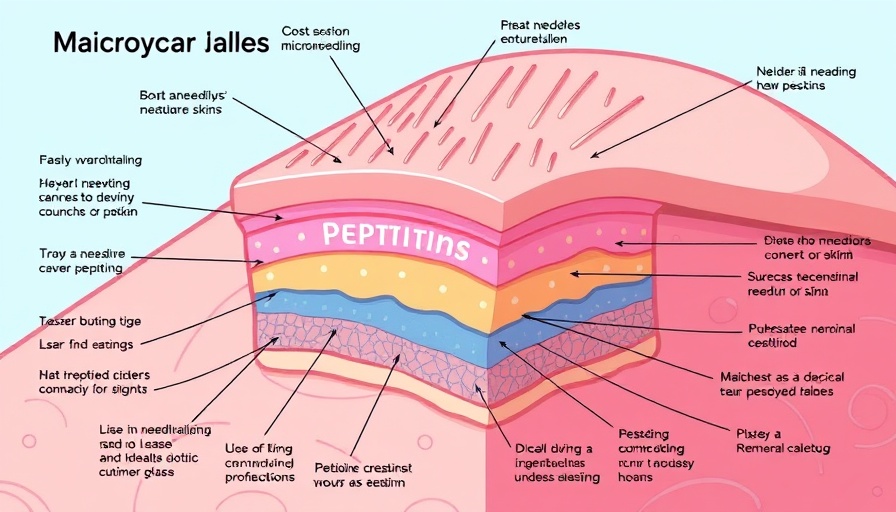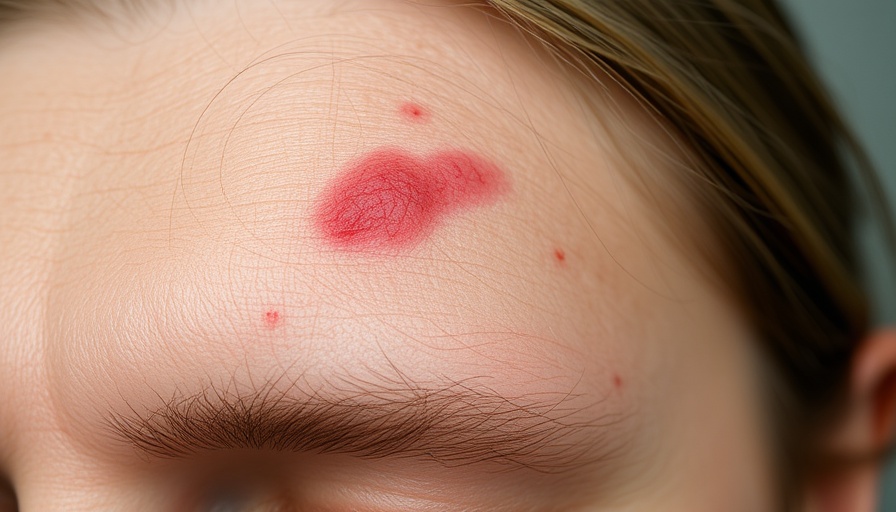
Unlocking the Mysteries of Peptides: What They Can Really Do for Your Skin
Peptides have taken center stage in the skincare world, emerging as pivotal players in the quest for youthful, vibrant skin. But amidst the glitzy marketing and alluring claims, one must ask: what do peptides really do for the skin? Understanding their scientific foundation can help differentiate evidenced benefits from extravagant promises.
The Science Behind Skin Penetration
A popular claim is that peptides are small enough to penetrate the skin barrier. While it’s true that peptides are smaller than collagen molecules, many are still too large to easily cross this barrier. In fact, most peptides exceed the 500 Dalton rule for passive skin penetration. Research has shown that only a minute fraction of certain peptides, like Argireline, can effectively reach deeper skin layers when applied topically. However, this doesn’t spell doom for peptide efficacy. Brands utilizing advanced delivery systems can enable these protein fragments to reach their intended targets more efficiently, enhancing their effectiveness significantly.
Advancements in Delivery Mechanisms
Utilizing well-engineered formulas can make a tremendous difference. Modern cosmetic chemists are developing ingenious methods to facilitate peptide delivery. Techniques such as microencapsulation or the incorporation of fatty acids can enhance a peptide's penetrative abilities. For instance, Matrixyl® features a unique formulation that promotes absorption, demonstrating that marketing claims about engineered delivery can indeed be substantiated—though it’s wise to look for supporting clinical data from brands.
Cell-Penetrating Peptides: Hopeful Horizons
Emerging research on Cell-Penetrating Peptides (CPPs) such as GHK-Cu is fueling excitement in the skincare realm. These peptides are designed to enhance cellular interactions, potentially guiding anti-inflammatory responses. While current research embodies promise, comprehensive human clinical trials are needed to validate their effectiveness fully. It's vital to stay informed about these developments, especially as they relate to broader anti-aging solutions.
Understanding Skin Aging: What Peptides Offer
Peptides might hold the key to promoting collagen production, an essential factor in maintaining skin elasticity. Aging skin often experiences reduced collagen synthesis, leading to sagging and wrinkles. By supporting collagen and elastin production, peptides may offer an innovative approach to facial rejuvenation. Additionally, advancements in technology have birthed various non-invasive procedures that compliment peptide treatments, creating a holistic approach to anti-aging routines.
Practical Tips for Choosing Peptide Products
When selecting peptide-infused products, consider aspects like formulation and scientific backing. High-quality peptides should be supported by results from rigorous beauty research. Look for brands that share clinical studies demonstrating the effectiveness of their products, ensuring that you invest in effective skincare solutions. It’s also worth considering the additional benefits of combining peptide treatments with techniques such as micro-needling or other minimally invasive techniques to amplify results.
Conclusion: Embrace the Future of Skincare
As the skincare industry evolves, knowledge about peptides can empower you as a consumer. Recognizing the scientific truths separating skincare from marketing hype enables informed decisions regarding your beauty routine. So, as you explore the world of skincare innovations and aesthetic treatments, incorporate the power of peptides into your regimen wisely. Stay tuned to advancements in beauty technology and skincare science that can elevate your skincare game.
 Add Row
Add Row  Add
Add 

 Add Row
Add Row  Add Element
Add Element 




Write A Comment